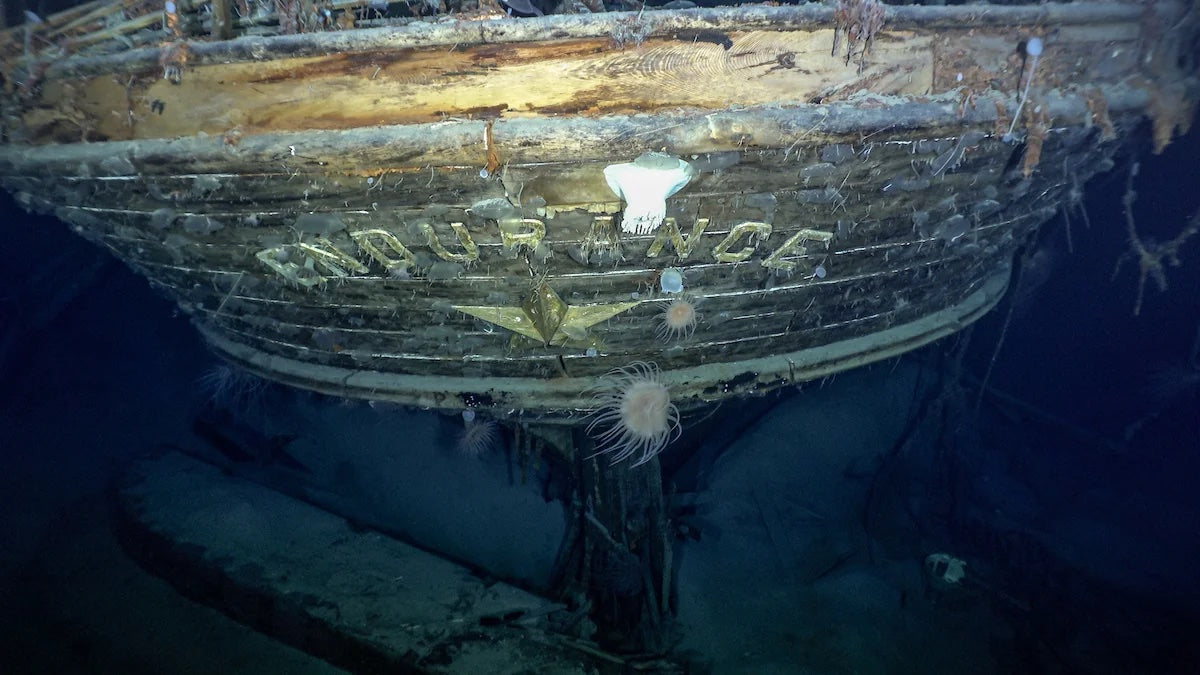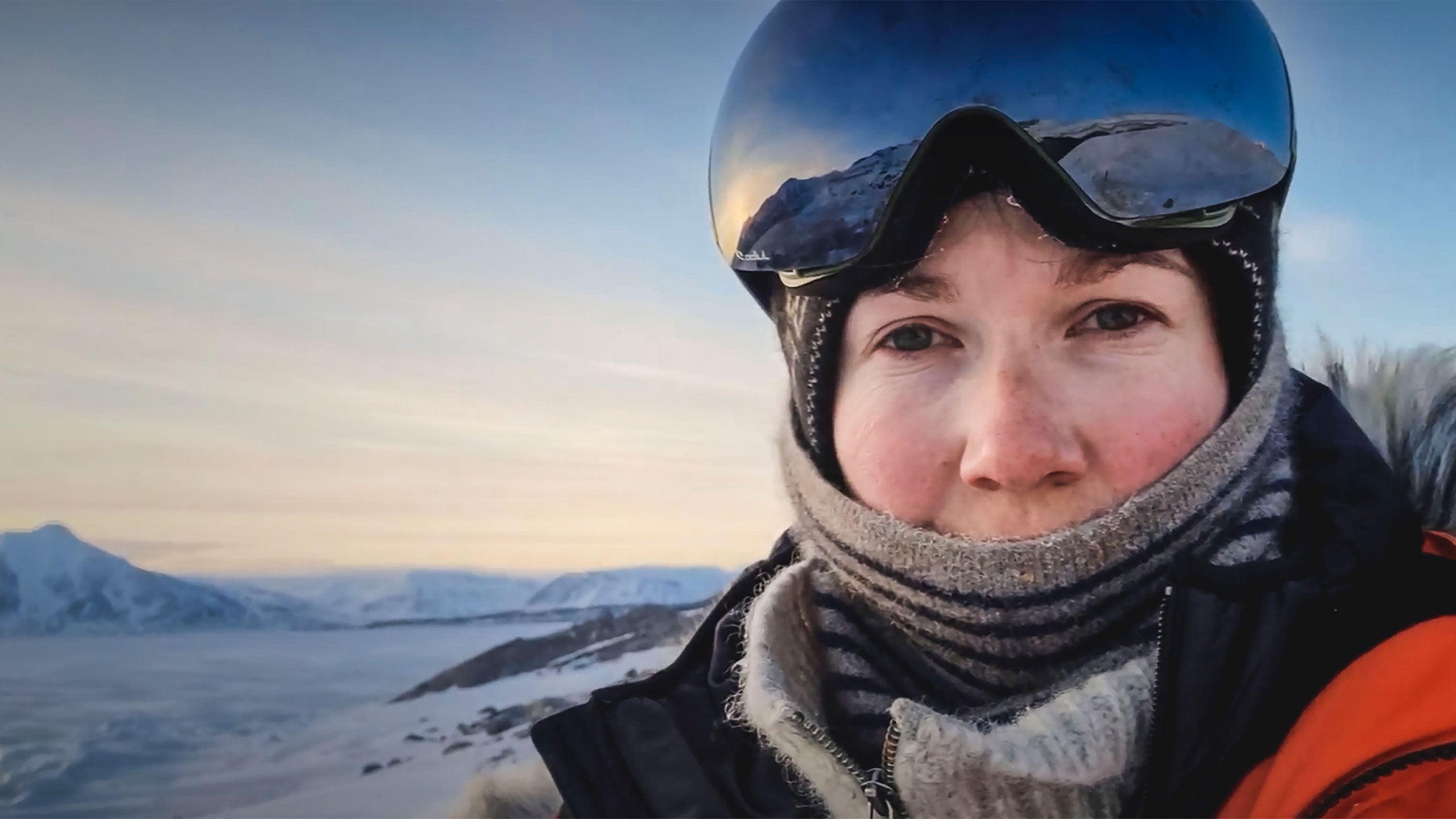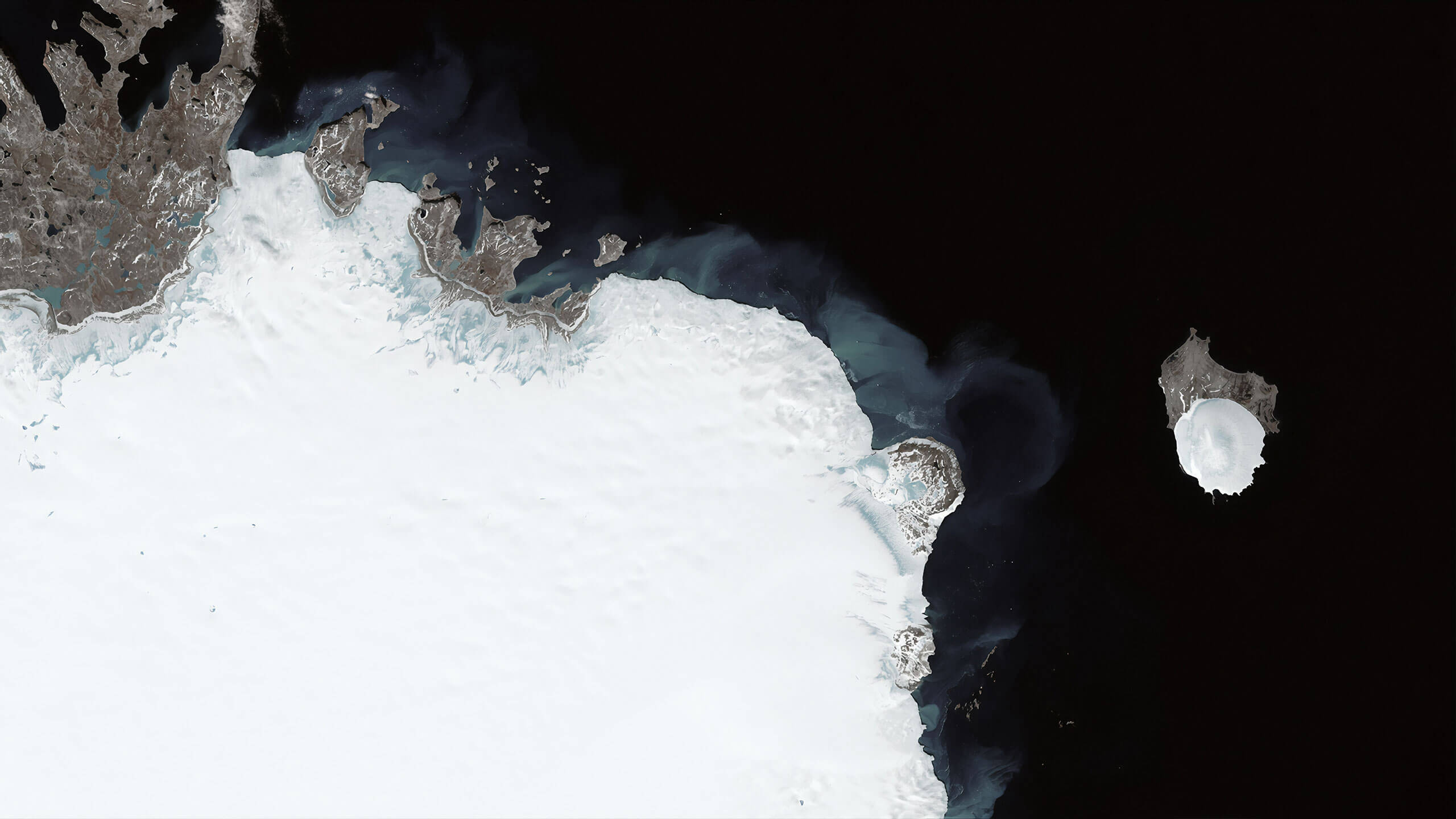
Shackleton Medal // Shortlist
The finalists for the Shackleton Medal for the Protection of the Polar Regions represent an astonishingly diverse array of achievement. Professor Martin Siegert, Co-Director of the Grantham Institute for Climate Change, and one of the judges declared, ‘I don’t remember seeing such a breadth of talent and leadership assembled for an award for the polar environments’.
Every single one of them has demonstrated courage, ingenuity and determination in their work. Though Shackleton himself pushed the boundaries of exploration when it was dominated by white men, the shortlist of nine features six women, of whom three are experts in indigenous approaches to understanding the polar environment. It also recognises the work of Polar Impact, founded by Premdeep Gill, which has created a network of racial and ethnic minorities working at the poles in a drive to ‘change the face of polar exploration’.

SHEILA WATT-CLOUTIER
Renowned Inuit human rights and climate activist
‘Sometimes you never fully know who you are or the stuff you’re made of until you’re forced to fight for what you think is most important.’
Nobel-prize nominated Sheila Watt-Cloutier is Inuit and is recognised worldwide as an outstanding campaigner for her people. In 2015 she published the book The Right To Be Cold, an autobiography which powerfully showed the impact of climate change on Inuit communities. The book transformed the dialogue about global warming. She continues to address international conferences and campaigns on everything from changing education systems to banning pollutants that accumulate in Arctic food chains.
 GEOFF GREEN
GEOFF GREEN
Inspirational Founder of Students on Ice
"When you touch youth in the heart, that is when commitment and change begins."
Geoff was nominated by Jeannette Menzies, Ambassador of Canada to Iceland, who declared, ‘Geoff is an internationally respected and trusted polar educator and expedition leader who upholds the principals of integrity, determination and ingenuity in all of his work.’ Since the Nineties he has led more than 130 educational expeditions to the Arctic and Antarctic. He quickly realised what an important impact this experience could have on young people, motivating them and inspiring them as globally minded leaders and polar ambassadors. Students on Ice was founded in January 2000, and to date has a network of more than 3,000 alumni from 52 countries.

Audacious endurance swimmer, maritime lawyer, and UN Patron of Oceans
"I am an endurance swimmer and a maritime lawyer. I believe there are 3 reasons why we should protect at least 30% of the world’s oceans: and they are JUSTICE, JUSTICE and JUSTICE."
Lewis Pugh is a pioneer who swims in the most vulnerable ecosystems on Earth to call for their preservation, with the aim of 30% of our oceans being protected by 2030. Over the past twenty years he has focused on the Polar regions. One of his most significant campaigns was taking the world’s most southern swim in Antarctica’s Bay of Whales to draw attention to how the climate crisis was impacting on the Ross Sea. Over the same period of time he made several visits to the Kremlin – and this played a significant part in the establishment of the Ross Sea Marine Protected Area (MPA).
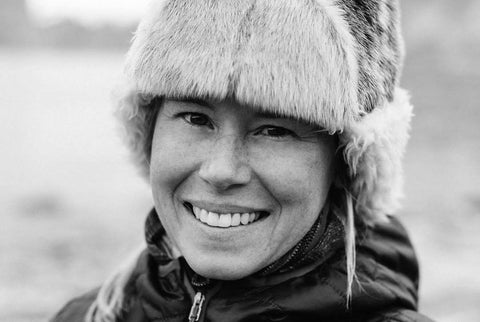
SHARI FOX
Outstanding research scientist co-ordinating projects with Arctic indigenous peoples
"Scientific techniques and tools show that we have less Arctic sea ice…But the [Inuit] Elder, he’s going to taste it, he’s going to kick it and see how the little splinters of ice react, he’s going to take his unaaq (harpoon) and see how it feels, he’s going to look at the ice in the context of his long history of observing and travelling the area, and he’s really interested in what’s going on under the ice, what the ocean currents are doing.”
After falling in love with the Arctic as a student, Shari Fox carved out a niche as a new kind of scientist, fusing new technologies and scientific methods with the ancient knowledge and experience of the Inuit. She is editor of the hugely significant book, The Meaning of Ice, which brings together accounts from the Inuit, Iñupiat and Inughuit communities, talking about their perception of sea ice and the critical and complex role it plays in their relationships with the environment and one another. Her ongoing campaigning work continues to receive recognition, not least in her being awarded a Pew Fellowship in Marine Conservation in 2019. She is based at the University of Colorado Boulder and the Ittaq Heritage and Research Centre in Clyde River, Nunavut, Canada
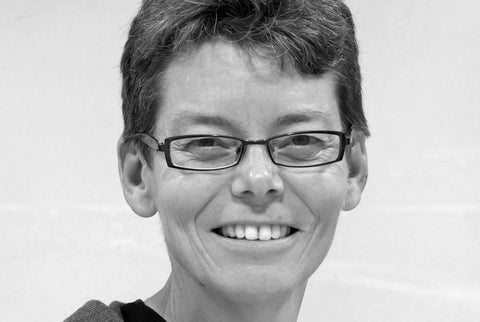
"I count myself blessed to have been involved in processes that in some small way contribute to the future wellbeing of Antarctica."
Working tirelessly and patiently ‘behind the scenes’ to protect the Earth’s most pristine continent, Birgit Njåstad is an unsung hero of Antarctica and the international community. Currently she is leading Norway’s efforts in compiling and analysing data from the Weddell Sea and Kong Håkon VII Sea for a future extended MPA to advance the Weddell Sea MPA proposal. She has been at the Norwegian Polar Institute for three decades and has worked extensively with Antarctic management, policy and research. She has also been instrumental in developing the Antarctic Environments Portal as its Acting Project Manager (2014-2015).

"The Arctic is the most rapidly warming environment in the world and its Indigenous peoples are experiencing unprecedented change. Our homeland is drastically changing at a rate three-to-four times faster than the global average."
Victoria is an Iñupiaq (Inuit) wildlife and conservation biologist raised between the vast tundra of Utqiaġvik, Alaska and the tall redwoods of northern California. She has devoted her career to living and working across the Arctic to promote the way that Indigenous Peoples fundamentally shape Arctic biodiversity conservation, from research, to management, to actualising the dreams of new protected areas. As well as being a consultant on the Inuit Circumpolar Council she is an Indigenous Knowledge and Conservation Advisor for the Arctic Education Alliance. She is also a founding member of the EU Youth4Ocean Forum.

Pioneering co-founder of the Women In Polar Science network who specialises in jellyfish and their impact under climate change.
"It’s an incredible honour for me, as a polar biologist, to be associated with the iconic Shackleton. It gives me new courage for carrying the moral weight of witnessing, reporting and predicting the changes that are happening in our polar seas."
Charlotte is a polar and deep-sea biologist who investigates the impact of climate change on polar organisms and the food web structure. In 2019 she was awarded a €1.8 million project to lead the Helmholtz Young Investigator Group on Arctic Jellyfish. She is a co-founder of the influential Women in Polar Science network which aims both to connect women in polar science and to inspire women to become polar scientists. She has also served as an early career nominee to determine the future of Antarctic research.

Courageous co-founder of Climate Sentinels and highly respected glaciologist who’s passionately devoted to educating new generations about the poles.
"Not giving up in this race against time is the biggest challenge I face on a daily basis. Everything I study is currently disappearing; glaciers, sea ice, permafrost, and the species associated to these environments. Our fate is directly connected to the polar regions and the next 3-4 years will be decisive."
Heïdi is a member of Climate Sentinels, a group of six female polar scientists formed in 2017, who have joined forces from different countries to spread the word about climate change and what their studies have revealed at the poles. In their most recent expedition in the High Arctic in 2021 they had to battle to survive in a succession of extreme storms for two weeks, which had never been observed in more than a 100 years of continuous weather observations. Her work as a scientist is mostly field-based and focuses on glacier dynamics in the Arctic and the structure of ice shelves in Antarctica. She has recently joined the team of AMAP, the Arctic Monitoring and Assessment Programme, Working Group to the Arctic Council. Outreach is a huge priority for her, and she has a lot of TV experience, including in documentaries for the National Geographic, BBC, CBC, ZDF, ITV, Time Magazine, France 2, and hosting science documentaries for France 5 and Ushuaia TV.

Dynamic and inventive organisation that promotes diversity in science at the poles.
"Polar research has developed through a diverse range of knowledge systems and experiences as well as global cooperation and collaboration. However, the traditional images associated with polar researchers are often unrepresentative of those who have contributed to the field." - Prem Gill, founder
Since 2019, Polar Impact has worked to change the face of polar exploration. It’s a dynamic and inventive grassroots organisation, made up mainly of PhD students, that promotes diversity in science at the poles. Polar Impact has used polar research to spearhead multiple projects aiming to attract and retain talent from non-traditional backgrounds. This work spans a range of audiences and formats, from hosting week-long citizen science events for BIPOC students at the British Antarctic Survey to less traditional methods of engagement such as using the sounds and satellite imagery of Antarctic seals to produce immersive Grime music with inner-city youth.
